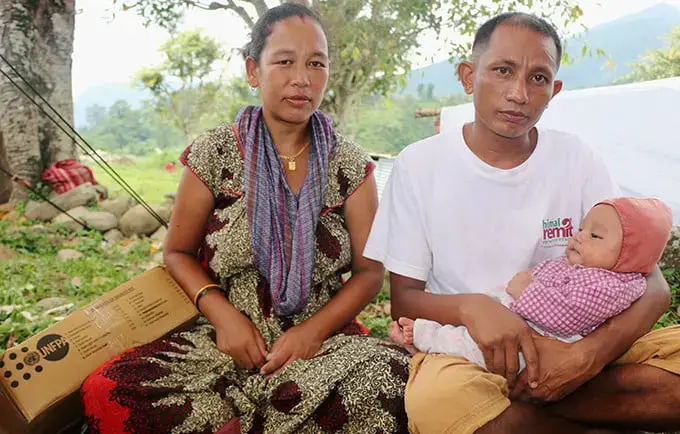The International Conference on Family Planning, held every other year, brings together family planning experts to assess the state of family planning around the world and share best practices. This year’s conference, held in Nusa Dua, Indonesia, is expected to draw the largest number of attendants, and will help chart the future of family planning programmes for the years to come.
UNFPA, which works at every level to support access to safe, voluntary family planning, is a key partner in convening this event.
Access to voluntary family planning is a human right. Family planning is central to gender equality and women’s empowerment, and it is a key factor in reducing poverty. It also saves lives. Learn more about how UNFPA supports family planning.
Follow the conversation with #ICFP2015:
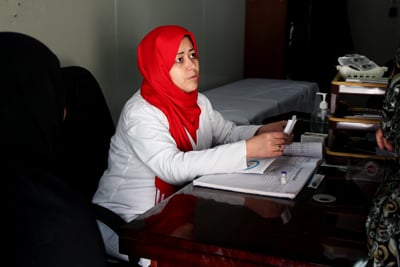
|
Planning families to ensure children’s best education AFGHANISTAN: "It is better to have just one child than many, so you can give your child the support he needs and the best education you can offer", shares Farzana, 37, a mother of five. |
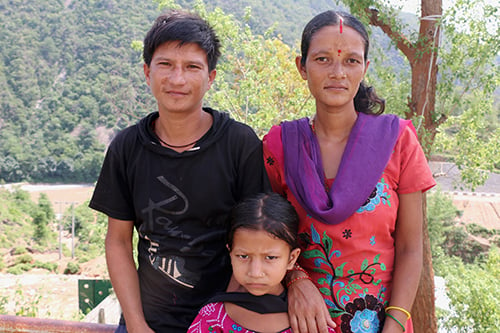
|
Family planning vital in post-quake Nepal NEPAL: When Nepal's devastating April earthquake struck, Tanka Kumari Bishankhe's home was badly damaged, and the family planning card she used to track her contraceptive injections disappeared in the chaos. Unable to determine when she was next due for her contraceptive shot, Ms. Bisankha became pregnant. |
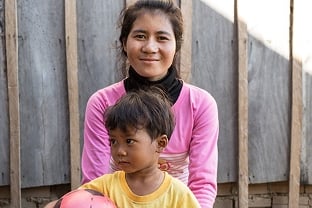
|
In Cambodia, family planning offers a path away from poverty CAMBODIA: A young couple decided only one child is enough for now. With the midwife’s help, they have a powerful tool to help break free of the cycle of poverty: family planning. |
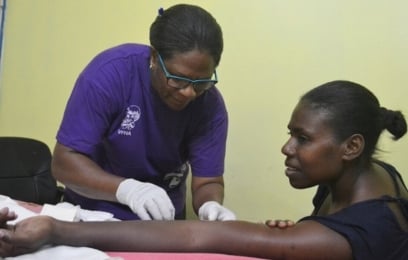
|
Vanuatu’s Cyclone Pam highlights need for access to family planning VANUATU: In the aftermath of Cyclone Pam, access to services such as family planning counselling and services as well as maternal health care is critical, and can even be life-saving.UNFPA supports the recovery efforts with teams of health and gender specialists, distributing reproductive health supplies to ensure continued access to these essential services. |
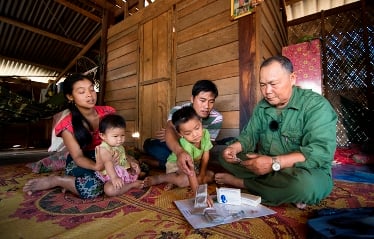
|
Going the last mile to provide family planning in Lao PDR LAO PDR: “If only my wife and I knew early enough about family planning and could access services, we would have had four children – not 14, as we did,” said Bounthone Kongphongma, 56, in the remote village of Lao Luang. Six of those children died, and the other eight suffered “because life was so hard,” he said. |
|
|
|
|
|

